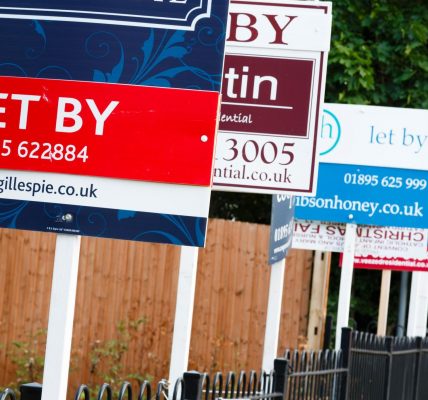Is cable broadband a speedier deal for you?
As if there weren’t enough people digging up the roads, along comes another van full of pneumatic drills. It’s not water, gas or electricity they’re laying under the pavements, but broadband.
In an age of satellite streaming, this may seem an arcane way to get the latest technology to your doorstep, but the fact is that the internet is reliant on a telecommunications infrastructure a century old.
No matter how the information you consume is created and transmitted, you will almost always need a phone line to receive it. That usually means sending data over telegraph lines and through underground ducts to a roadside cabinet near your house.
Openreach, the wholesale arm of BT, operates by far the biggest such network, and most of the big internet providers – Sky, TalkTalk and, of course, BT themselves – use it. In Hull, there’s KCom instead.
Virgin Media takes a different route to your home. Its service is delivered via its own system of underground fibre-optic cables, which was installed in the 1990s for the expected boom in cable TV. That never really happened in the UK, because Sky’s satellite service took off sooner. But the cables were repurposed for the internet, and they now offer speeds around seven times faster than typical connections on Openreach. That’s because the fibre cables extend all the way to your door, not just to the roadside cabinet.
Virgin covers only around 15m homes at present – around half the population – but it has started to expand rapidly, hence those extra roadworks. If you can’t get it now, you may be able to this time next year.
That’s not to say that it is necessarily better than the regular service; it depends how much speed you need.
Virgin’s top tier offers an average download speed of 516 megabits per second, which is massively faster than the typical “superfast” speed of 72 Mbps. It costs £54 a month for the first 18 months – the minimum term – but then rises steeply to £71 a month, which means you will have to haggle with them for a new deal or go elsewhere. Virgin’s bottom tier – £28 a month, rising to £45 after 18 months – compares poorly with its rivals even on bandwidth, with an average speed of only 54 Mbps.
In practice, the standard 72 Mbps connection is adequate for all but the most data hungry families – those who stream ultra-HD video and play games for hours at a time. So although Virgin’s lightning fast broadband sounds attractive, it may not be cost-effective.
But if you factor TV into the equation, you might see things differently. For although cable TV occupies only a niche position in the market, it never went away and remains a rival to Sky. Virgin’s mid-tier TV and broadband bundle, with 362 Mbps downloads plus Sky Sports, BT Sport and Sky Cinema, costs £79 a month, rising to £117 after 18 months. It also includes a single-room, ultra-HD set-top box. If you have a Sky contract, add the monthly cost of that to your broadband bill and see if Virgin works out cheaper.
If, however, it’s money alone that is your concern, you might be better off with one of the newer, opt-in and opt-out services like Netflix or Now, both of which are delivered over the internet. Now is part of Sky but requires no satellite nor minimum contract. A regular HD service of your preferred channels or programmes can be had for well under £10 a month, over a £25-a-month broadband connection.
So even though technology hasn’t yet done away with the cables under the road, it may already have put paid to those old restrictive contracts.










